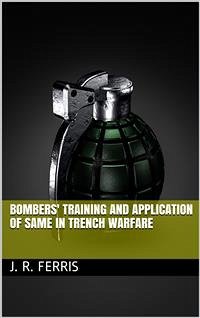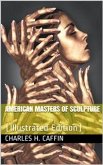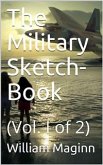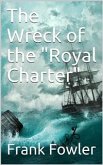This work is intended to be used as a guide for officers and N.C.O.’s in training bombers. The lectures given at intervals as the men advance in the training will emphasize the features to be observed. A syllabus for a bombers’ school covering a period of six days is shown on page 37 as a further guide to instructors. A list of material and equipment necessary to carry out the syllabus is shown on page 38. Prior to the adoption by the British War Office of the present method of fighting on the Western front, namely, the use of bombs and grenades (which for practical purposes require the same care as high explosives), it was not necessary for the rank and file of the Infantry to have any great knowledge of explosives, any work that entailed the extensive use of explosives being left to the Engineers. In the Manual of Field Engineering, 1911, there is a chapter devoted to Explosives, but as this work was written before the adoption of the bomb method of fighting it could not be expected that the subject, as treated there, applies fully to the requirements of this arm of the service under present-day conditions. The Infantry being called upon to make use of explosives in the form of bombs and grenades, makes it necessary that they have instruction in the matter of handling, shipping and storage of them in order to avoid accidents; and a knowledge of their characteristics and properties to enable them to make the best use of these altogether necessary and useful agents.
Bitte wählen Sie Ihr Anliegen aus.
Rechnungen
Retourenschein anfordern
Bestellstatus
Storno









